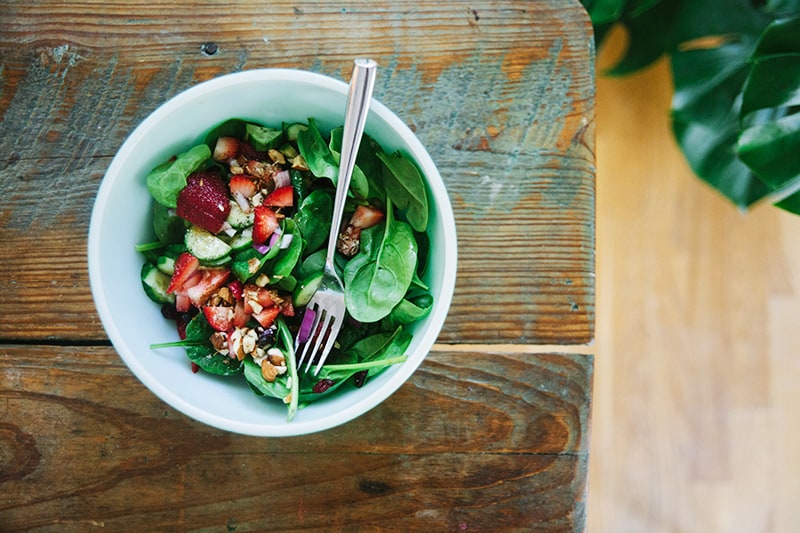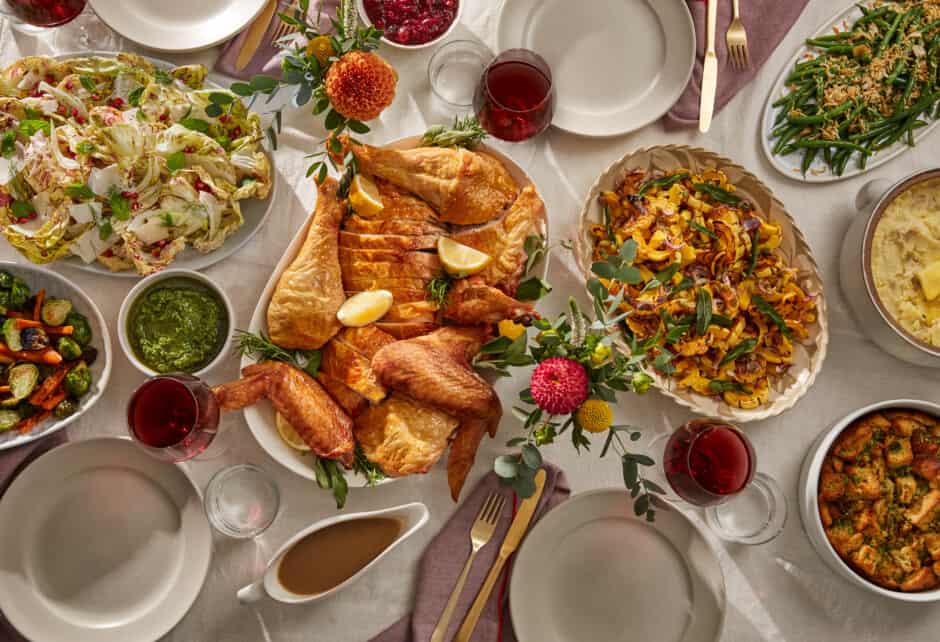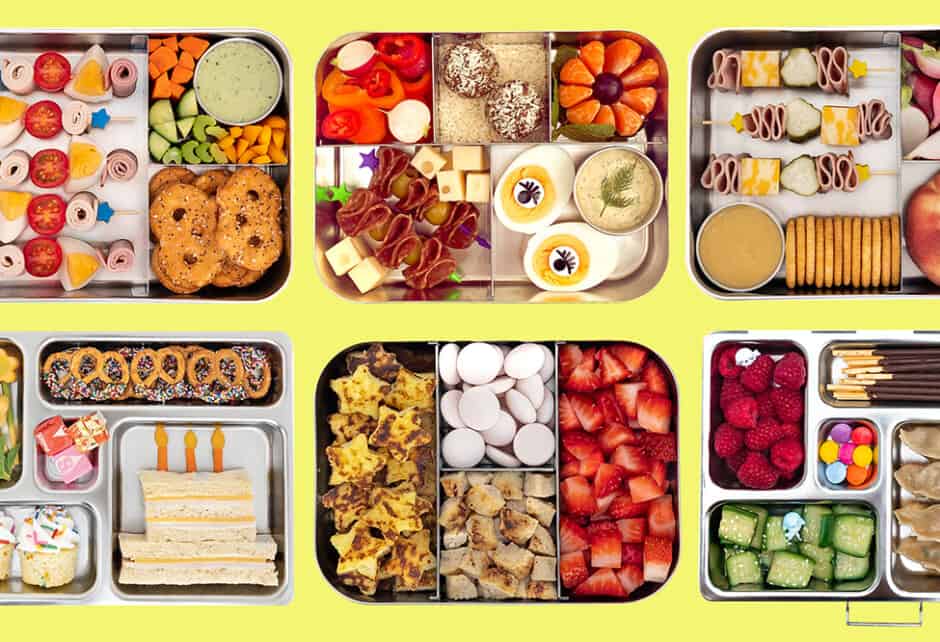
What To Eat During Pregnancy
Written by Katherine Oakes
Photography by Photographed by James Kicinski-McCoy
During the most precious and crucial time of growing a little one in your belly, the food you consume not only only affects your baby, but it helps shape and mold him or her into a healthy, whole being. As a mama eating for two, your diet and holistic well-being is very important, as it counts double due to the sensitivity of your soon-to-be-infant, who hungrily soaks everything up via the amniotic fluid throughout the entire pregnancy. Studies have even shown that what you eat while pregnant further influences your baby’s own tastes in the first few months of life and beyond, so be sure to eat those greens!
Rather than feel overwhelmed and stressed out by the endless options on the table, think of this time as the best opportunity to lovingly nourish and nurture your baby as they grow. It’s no surprise that the nutrients needed to create a strong, healthy child are the same ones that can help you cultivate the most radiant and vibrant version of yourself. Win! Now, as far as what to eat, we’ve got you covered…
Dark Leafy Greens. Veggies like spinach, asparagus, broccoli, and kale will give you a healthy dose of vitamin A to help your baby develop robust bone and skin growth in the womb, not to mention, also promote a bright-eyed 20/20 vision. Vitamin A is an important part of pre and post-natal health, as it can also help keep you healthy and by providing a good source of nutrients as you begin to breastfeed. Eat plenty of dark leafy greens to soak up an abundance of antioxidants, iron, and magnesium.
Nuts and Seeds: The omega-3 fatty acids that you’ll get from eating nuts and seeds while pregnant will aid in your baby’s brain health and development through all three trimesters. Even more importantly, it will provide a huge helping of the 800 mg of magnesium you’ll need during this time that is essential for avoiding premature labor and helping the fetus develop a strong and stable nervous system. Load up on almonds, pistachios, walnuts, and sunflower seeds to stay healthy and full.
Whole Grains: A healthy bowl of oatmeal or organic whole grain cereal in the morning helps mama as much as it helps baby! The fiber and protein are effective in combating morning sickness and boost energy, so it will give you a great jumpstart to your day. Eating as many different forms of protein as you can during these 9 months will support both of you in building healthy muscle, tissue, and cells.
Yogurt: Adding yogurt to your prenatal grocery list gives you extra protein and the calcium necessary to provide enough strength and nutritional support for your musculoskeletal system as the fetus is also absorbing proteins and minerals from you during pregnancy. Getting your fill during this time is also important for avoiding osteoporosis later on in life.
Beans and Legumes: Consuming chickpeas, lentils, and white beans is hugely important as it provides a big dose of folic acid for you and your child—a nutrient that is necessary for a healthy pregnancy and is even recommended by the CDC as a supplement to start taking before you conceive. Folic acid contributes enough red blood cells so that the fetus’ neural tube can develop into the spinal cord and help prevent birth defects. So whether you consume folic acid through nutrients, supplements or a combination of both, make sure it’s a top priority!
Lean Meats: Consume organic lean beef and pork for iron and B vitamins. This maintains the right amount of healthy tissue and bone growth in both mama and baby through red blood cells and protein. If you are a veggie-lovin’ mama, consider taking a vitamin B12 supplement to support your little one’s growth!
What to Avoid: It’s a good rule of thumb to stay away from highly-processed, packaged, and preserved foods that are void of nutrition and the dietary needs you both need to stay healthy and strong.
Share this story




